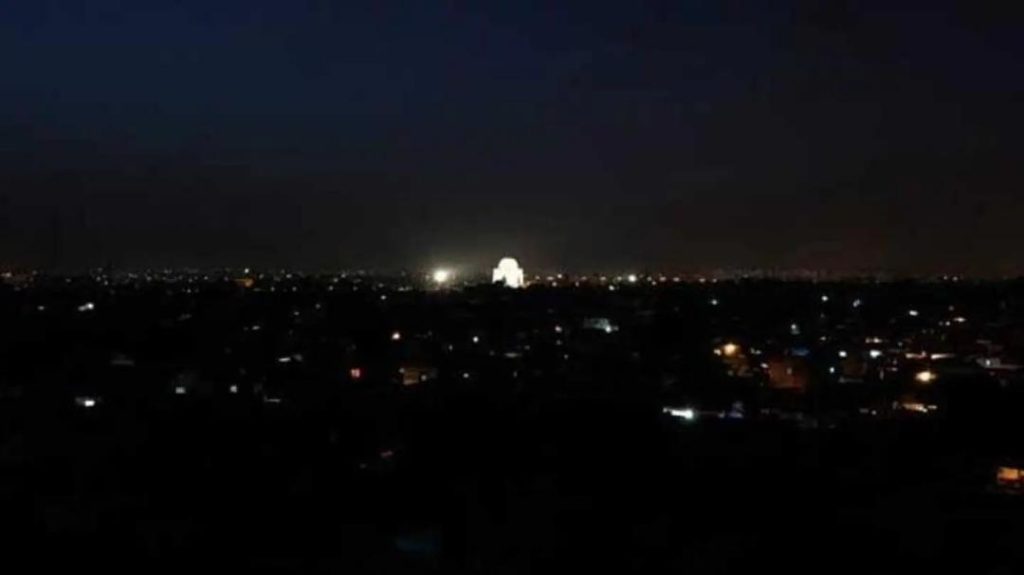
Residents in Pak’s Karachi Protest 24-hr Blackout, Block Roads
Pakistan’s largest city, Karachi, was brought to a standstill on Saturday as residents of a 10-storey residential building took to the streets to protest a prolonged power outage. The blackout, which had lasted for more than 24 hours, caused city-wide traffic chaos as residents blocked major roads to demand action from the city’s sole power distributor, K-Electric.
The protest began when residents of the building, located near Punjab Chowrangi, grew frustrated with the lack of response from K-Electric to their repeated complaints about the power outage. Despite numerous calls and visits to the company’s offices, the residents were left in the dark, literally and figuratively.
As the hours ticked by, the residents’ frustration turned to anger, and they decided to take matters into their own hands. They blocked the major road near Punjab Chowrangi, bringing traffic to a standstill and causing chaos throughout the city.
The protest was peaceful, with residents chanting slogans and holding signs demanding that K-Electric take immediate action to restore power. However, the blockade caused significant disruptions to traffic, leaving commuters and motorists stuck in long lines of cars and buses.
The power outage was not limited to the single building, with many other residents in the area also affected. The blackout was reportedly caused by a technical fault in the power grid, but the exact cause and duration of the outage were unclear.
The residents’ protest was a rare display of public dissent in a city where power outages are a frequent occurrence. Karachi, which is home to over 20 million people, is often plagued by frequent and prolonged power outages, which can have significant economic and social impacts.
The city’s power distribution system is managed by K-Electric, which has been criticized in the past for its poor performance and lack of transparency. The company has faced numerous complaints and protests from residents and businesses over the years, and has been the subject of several investigations and regulatory actions.
The recent blackout and protest are a stark reminder of the challenges faced by Karachi’s residents in terms of access to reliable and uninterrupted power supply. The city’s economic and social development is heavily dependent on a stable and efficient power supply, and the frequent outages can have significant impacts on businesses, industries, and households.
The Pakistan government has announced plans to privatize K-Electric and other state-owned power distribution companies, in an effort to improve the country’s power sector. However, the process has been slow and contentious, and the company’s performance has continued to decline.
The recent protest in Karachi is a clear indication that the power crisis in the city is not just a technical issue, but also a matter of public accountability and governance. The residents’ demand for action from K-Electric is a call to the company to take responsibility for its performance and to prioritize the needs of its customers.
As the city’s residents continue to struggle with frequent power outages, the government and K-Electric must work together to address the underlying issues and find solutions to the power crisis. The recent protest is a wake-up call for the authorities to take immediate action to restore power supply and to ensure that the city’s residents have access to reliable and uninterrupted electricity.



